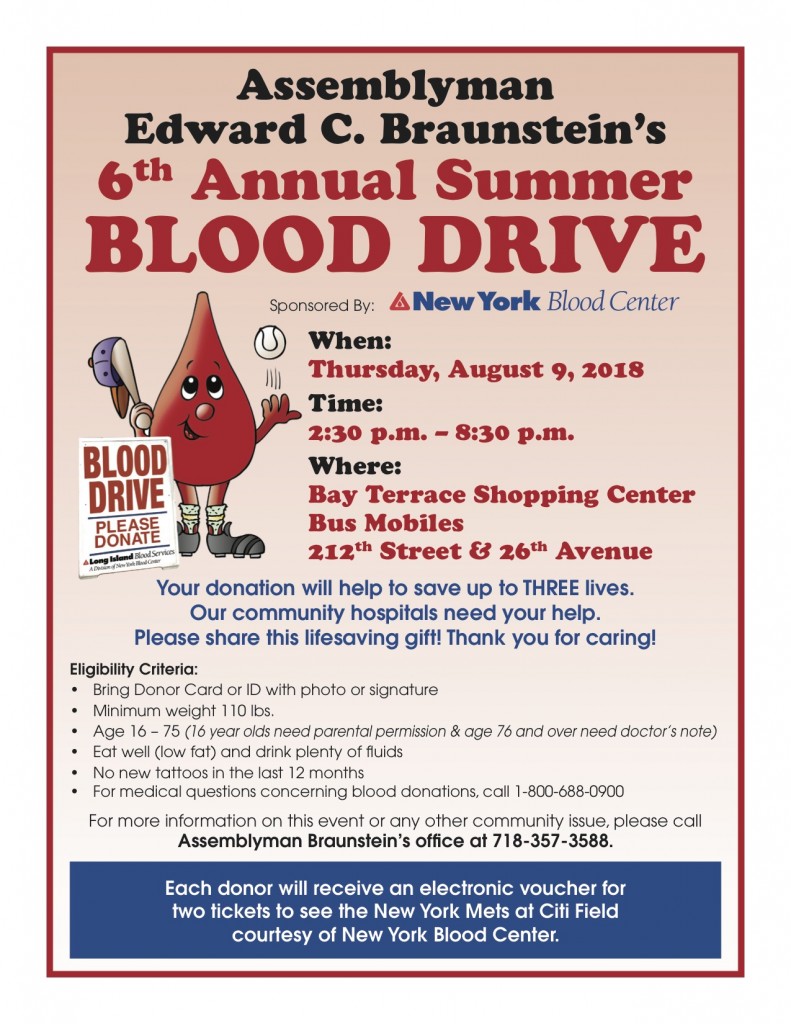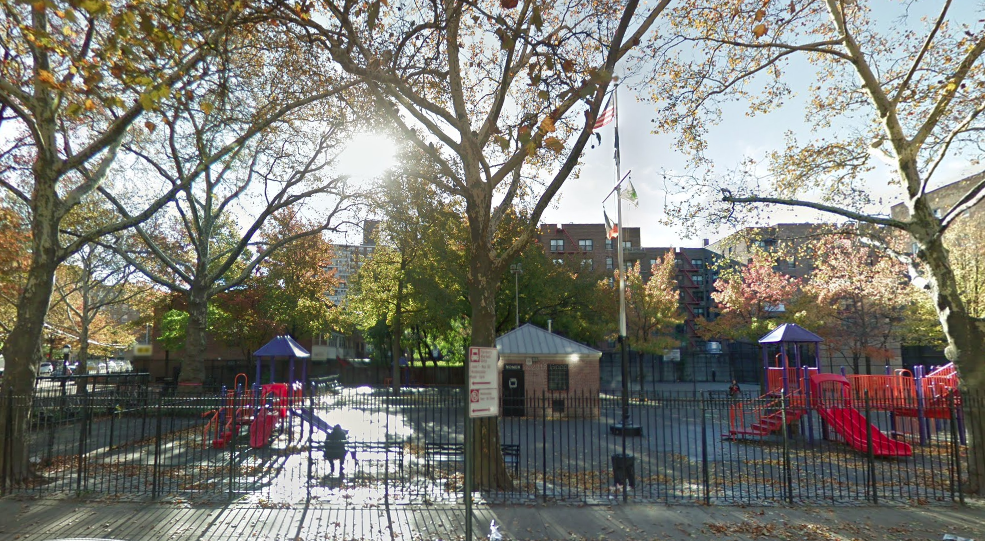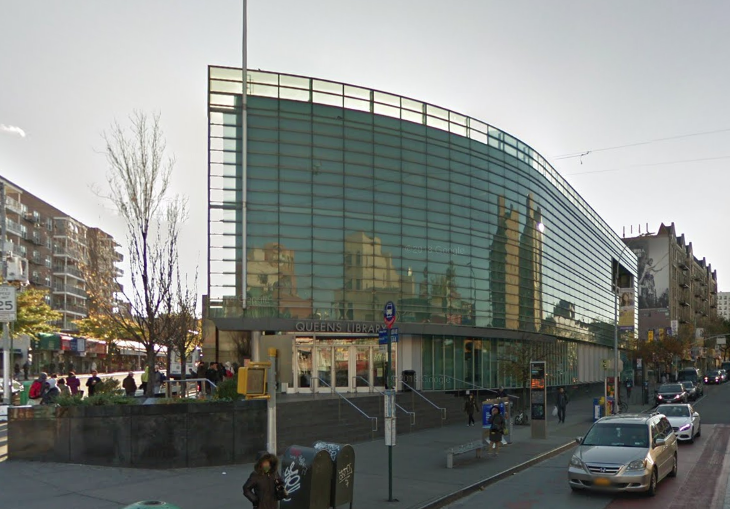It is safe to say that the the world renowned 1964 New York World’s Fair in Flushing Meadows Park started the transformation of Flushing, NY into the foreign national workers paradise that it is today. With that said, H-1B laws are more important than ever to local employers and workers alike.
The Department of Homeland Security (DHS) is reportedly considering new regulations that would limit the ability of H-1B workers who are in the lawful permanent residence (LPR) process to obtain an extension of their H-1B status beyond the usual six-year limit of authorized stay. The reported proposal, which arises from President Trump’s “Buy American, Hire American” executive order, could impact thousands of H-1B workers and their families, many of whom have been waiting in line for a green card for years. Under current law, the American Competitiveness in the Twenty-First Century Act (AC21) has two provisions, section 104(c) and section 106(a), which enable DHS to grant an H-1B extension to an H-1B worker who has reached the six-year limit if certain milestones in the LPR process have been met. These two provisions are summarized below: H-1B EXTENSION BEYOND SIX-YEAR LIMITATION UNDER AC21 Provision Section 104(c) Section 106(a) Requirements for an H-1B Extension beyond the Sixth-Year Enables a three-year H-1B extension beyond the six-year maximum period if an H-1B worker: (i) has an approved employment-based immigrant visa petition (I-140 petition) under the EB-1, EB-2, or EB-3 visa category, and (ii) is eligible to be granted lawful permanent resident status but for per country limits on visa availability. Enables a one-year H-1B extension beyond the six-year maximum period if: (i) 365 days or more have passed since the filing of a labor certification application on the H-1B worker’s behalf, or (ii) 365 days or more have passed since the filing of an I-140 petition. AILA Doc. No. 18010437. (Posted 1/4/18) Relevant Statutory Language Section 104(c) provides that the DHS Secretary (formerly the Attorney General) “may grant” such an extension to an eligible H-1B worker who meets the requirements of this section until the adjustment of status application has been adjudicated. Section 106(a) provides that the maximum six-year limit “shall not apply” to an H-1B worker who meets the requirements of this section and that the DHS Secretary “shall extend” the stay in one-year increments until such time as a final decision is made on the H-1B worker’s adjustment of status application. DHS is reportedly looking at whether it can stop approving H-1B extensions for H-1B workers who meet the requirements of section 104(c), by reinterpreting the “may grant” language as discretionary, and therefore that DHS may, but is not required to, approve such H-1B extensions. Notably, as outlined above, section 106(a) of AC21 provides that the maximum six-year period of H-1B status “shall not apply” to H-1B workers who qualify for an H-1B extension under section 106(a) and that the DHS Secretary “shall extend” the stay of H-1B workers who meet the requirements in one-year increments until such time as a final decision is made on the H-1B worker’s adjustment of status application. This provision, with its use of the word “shall,” should be read as mandatory, and thus DHS would be required to approve the extension for those H-1B workers who met the requirements of section 106(a). As such, H-1B workers who could potentially be impacted by the reported proposed changes to AC21 section 104(c) should be able to continue to extend their H-1B status under section 106(a) of AC21, provided they have met the required milestones in the LPR process. This is even true for H-1B workers who initially did not meet the requirements of section 106(a) but who now, through the passage of time, qualify for the one-year extension. To date, DHS has not issued a proposed regulation or formal announcement regarding its intention to change its long-standing practice in adjudicating H-1B extensions under AC21. For DHS to implement such a change, it would need to issue a proposed regulation and follow the notice and comment rule-making procedures set forth in the Administrative Procedure Act. That could take months. Any policy change before that could be subject to litigation. Moreover, any final rule could also be subject to litigation.
Flushing residents and blog readers are welcomed to call or visit Prizant Law (A Queens Immigration Lawyer) if they suspect that any changes in the law can have even the slightest effect on their business or employees.





You must be logged in to post a comment.